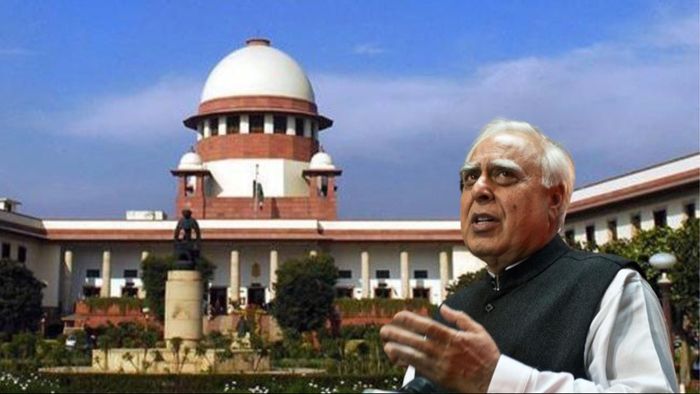Assam was originally a part of Myanmar: Kapil Sibal tells Supreme Court
The Supreme Court directed the Union Government to furnish data on the inflow of illegal migrants to Assam and North-Eastern states after March 25, 1971.

- Dec 08, 2023,
- Updated Dec 08, 2023, 9:46 AM IST
The Supreme Court directed the Union Government to furnish data on the inflow of illegal migrants to Assam and North-Eastern states after March 25, 1971.
It is to be mentioned here that, on December 5, 2023, the Supreme Court of India, led by Chief Justice DY Chandrachud, began hearings on a series of petitions challenging Section 6A of the Citizenship Act of 1955.
Meanwhile, Senior advocate Kapil Sibal while commencing his submissions on behalf of the respondents said that the migration of the population is embedded in history and cannot be mapped.
"Migration of people in the population is embedded in history and cannot be mapped. Assam was a part of Myanmar and then the British conquered a part of it and that is how Assam was handed over to the British you can now imagine the amount of movement of people that took place and under the partition, East Bengal and Assam became one and Bengali language was being taught in schools where there was large scale opposition. The interaction and absorption of the Bengali population in Assam has a historical context", Sibal says.
Also Read: Assam: Supreme Court seeks data from Union Government on illegal migration post-1971
This provision is significant as it implements the Assam Accord, allowing certain foreign migrants who entered Assam between January 1, 1966, and March 25, 1971, to apply for Indian citizenship.
The contention arises from indigenous groups in Assam who argue that this provision has legitimized the illegal migration of foreigners from Bangladesh, thus impacting the demographic and cultural fabric of the state.
The Supreme Court's Constitution Bench, which also includes Justices AS Bopanna, MM Sundresh, JB Pardiwala, and Manoj Misra, is tasked with addressing the constitutional validity of Section 6A.
Further citing his example, Sibal said, "We (Sibals) were also displaced from Lahore and my maternal grandparents were killed. We also came here and when partition took place, people from Bengali ethnicity etc will obviously try to come.. so saying that this disrupted the cultural ambience of Assam is Constitutionally unavailable and I have the complete fundamental right to move from one part of the country to another."